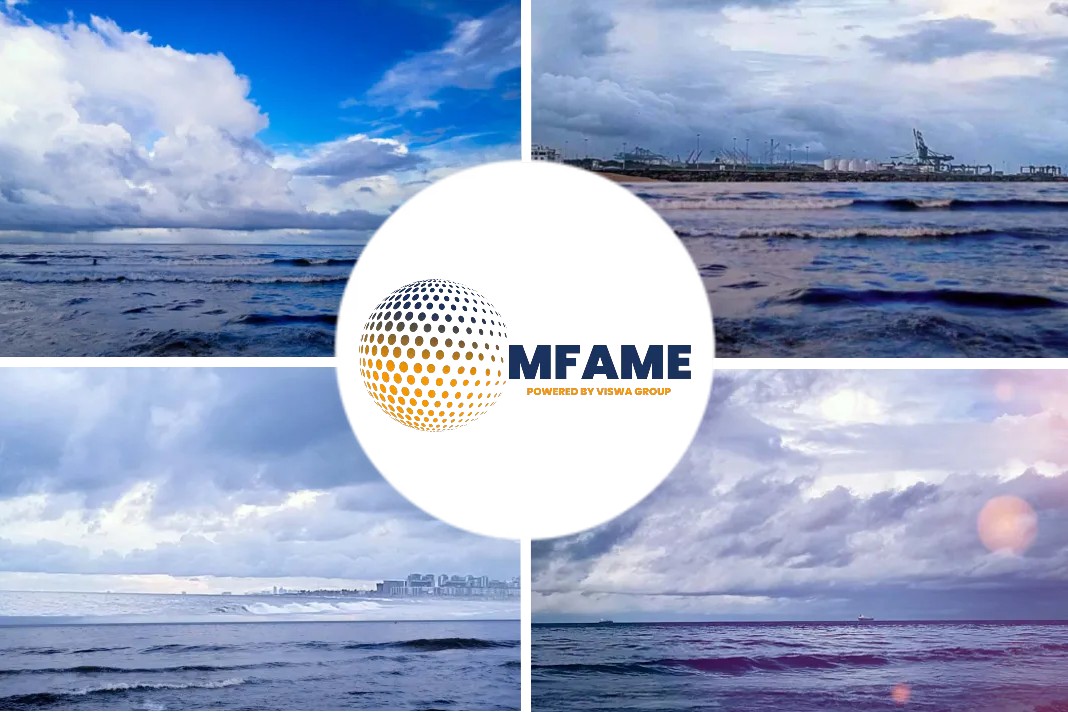For shipping to truly benefit from digitalisation, shipowners must find a way to share their data — and possibly build a business model around it.
That was the takeaway from the opening sessions of Nor-Shipping Disruptive Talks, where senior industry officials brought up the potential benefits of digitalisation and the challenges in fulling realising them.
One of the main, longstanding issues is about the sharing of data gathered from vessels among owners. As the industry begins to learn how to utilise data to improve efficiency in business and vessel operations, the thorny matters of data ownership would unavoidably emerge.
If information is to become the next most valuable thing, its owner would have the right to monetise it. In fact, when ClassNK launched its data centre for digital information related to machinery and voyages from vessels in 2015, the Japanese class society ruled out sharing information with peers due to intellectual property concerns.
During Tuesday’s Disruptive Talks, Hapag-Lloyd’s senior director of fleet support centre Joern Springer encouraged a more doer’s attitude when it comes to using data, though.
“Start using it, before starting to discuss who owns it,” Mr Springer said.
Owners can establish business models to share their valuable proprietary data if eventually the benefits of data application can be reached, he suggested. “If you find data is valuable, let us find a way to share.”
Pierre Sames, DNV GL group research development director, pointed out the incentives for owners are to reduce costs and disruptions during vessels operations. Potentially, data application could lead to higher revenues, he added.
To obtain the insight into vessel operations, “it is sharing in the first place”, Mr Sames said.
Wärtsilä’s general manager market innovation Teus van Beek also envisaged more information sharing, though he implied the process will be gradual as industry players find their ways.
It is “step-by-step,” Mr van Beek said.
In terms of intellectual property, Mr Sames said he personally believes owners possess data obtained on board. In any case, legal positions on data ownership should be clear during sharing, even if that means changes in regulations, he added.
In practice, engine manufactures and class societies already have the right to access and use data on board when carrying out their works.
For DNV GL itself, the class society is planning to bring inspection data and other data that is publicly available to a common platform for its clients, Mr Sames said.
It has collected data on the conditions of some parts of vessels and on board systems for years. “It is our responsibility to unlock [data]…to share, to let a wider customer base to use it,” Mr Sames added.
Did you subscribe for our daily newsletter?
It’s Free! Click here to Subscribe!
Source: Lloyd’s List






















